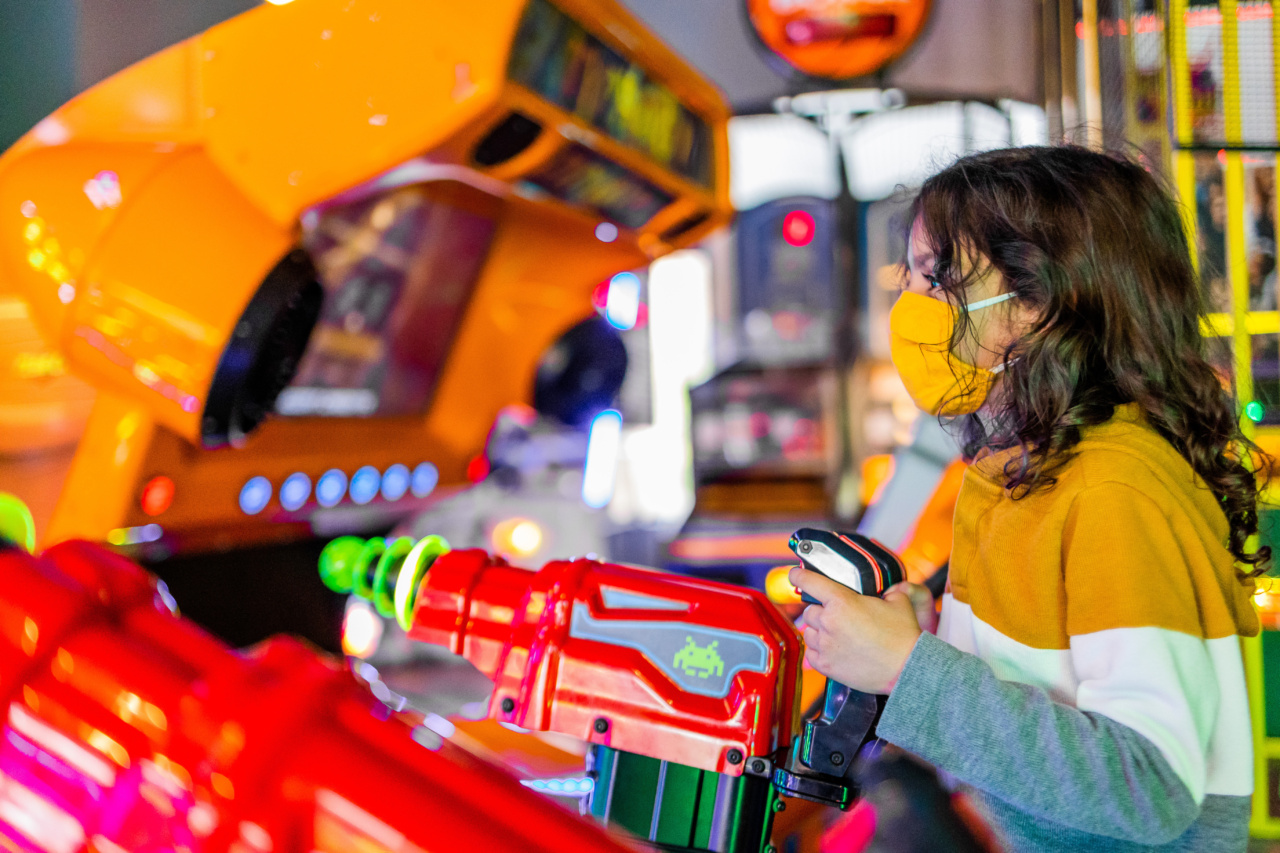The respiratory system is a crucial part of the human body that helps us breathe and circulate oxygen in our blood.
It plays a significant role in our overall health and well-being, especially for children who are still in their developmental years and have yet to develop a robust immune system. However, the respiratory system of kids is constantly exposed to various pollutants and toxins that can cause short-term and long-term effects on their health.
What are the common air pollutants?
Air pollution is a severe problem that is affecting everyone, and it’s even more harmful to kids since they breathe more air per body weight than adults.
Here are some of the most common air pollutants that are affecting our kids’ respiratory system:.
- Particulate matter (PM): These tiny particles are present in the air we breathe and can cause inflammation in the lungs, leading to asthma and other respiratory problems.
- Nitrogen dioxide (NO2): It’s a toxic gas present in car exhaust fumes and can cause inflammation in airways and lead to respiratory problems, especially in kids with pre-existing asthma.
- Sulfur dioxide (SO2): It’s a colorless gas that can cause respiratory irritation, coughing, and wheezing in children.
- Ozone: Ground-level ozone is a potent air pollutant that can cause respiratory inflammation, which can lead to asthma and other respiratory problems.
- Carbon monoxide (CO): It’s a toxic gas that can cause headaches, dizziness, nausea, and can be deadly in high concentrations.
Why are kids more susceptible to air pollution?
Kids are more vulnerable to air pollution than adults because:.
- Their lungs are still developing, and exposure to air pollutants can cause permanent damage.
- Children breathe more air per body weight than adults, increasing their chances of inhaling more pollutants.
- Kids are more active and spend more time outside, increasing their exposure to outdoor air pollutants.
What are the short-term effects of air pollution on kids?
Air pollution can cause various short-term effects on a child’s health, including:.
- Respiratory irritation
- Coughing and wheezing
- Shortness of breath
- Eye irritation
- Headaches
- Nausea
- Dizziness
What are the long-term effects of air pollution on kids?
Air pollution can cause severe long-term effects on a child’s respiratory system, including:.
- Asthma
- Chronic bronchitis
- Lung cancer
- Cardiovascular disease
- Pulmonary fibrosis
- Developmental and cognitive delays
How to protect our kids from air pollution?
There are various ways to protect our kids from air pollution:.
- Avoid outdoor activities during peak pollution hours: The outdoor air pollution is often the highest during the midday hours, so it’s best to keep our kids indoors during these times.
- Use air purifiers: Air purifiers can help reduce indoor pollutants and make the indoor air quality better.
- Plant trees: Trees act as natural air filters and can help reduce air pollution levels around our homes.
- Reduce car trips: Try to walk or cycle instead of driving your car for short trips, or use public transportation.
- Use masks: Masks can be helpful in reducing the amount of pollutants that our kids inhale.
Conclusion
Air pollution is a severe problem that is harming our kids’ respiratory system. We must take the necessary steps to protect our kids from excessive exposure to air pollutants.
By reducing car trips, planting trees, using air purifiers, and avoiding outdoor activities during peak pollution hours, we can help reduce the effects of air pollution on our kids’ health.






























